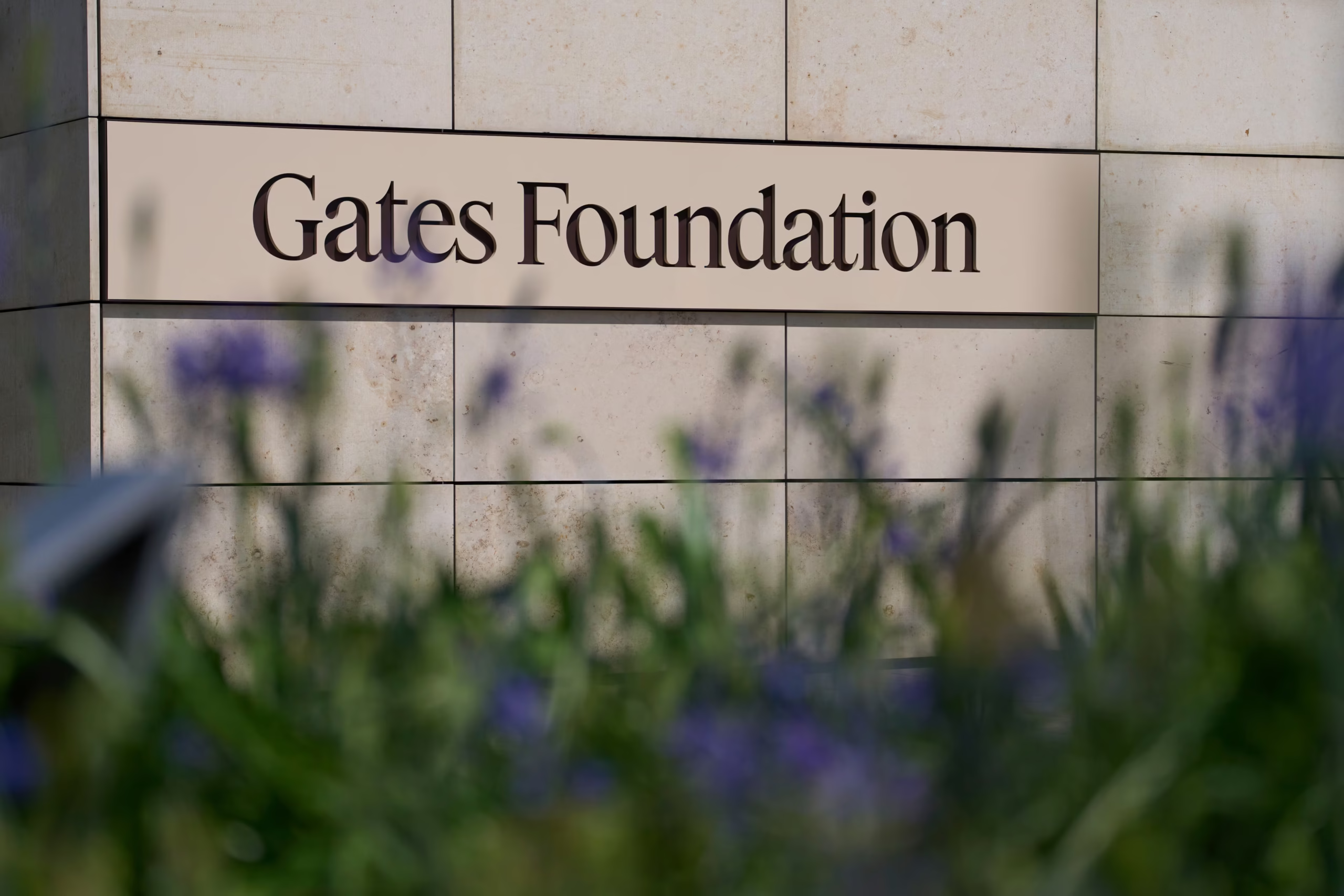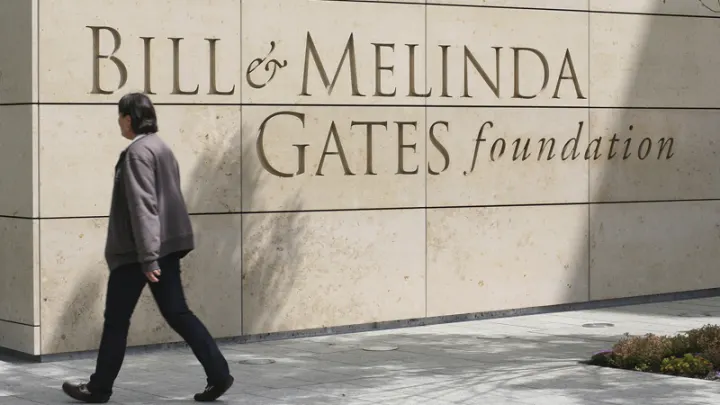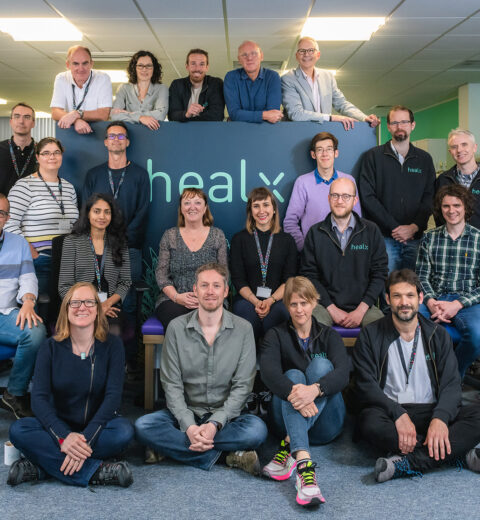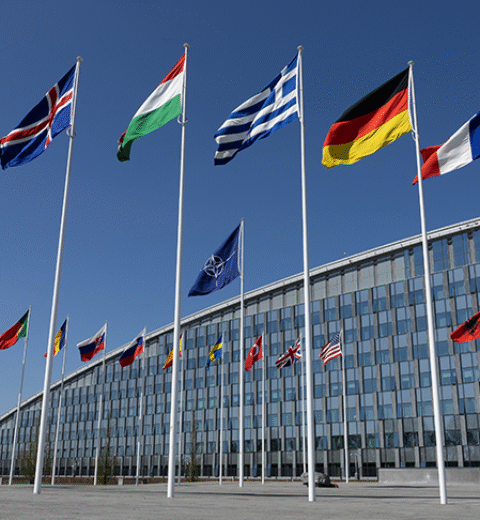
Cambridge-based biotech Gene Weaver has secured a $515,000 (approx. £405,000) grant from the Bill & Melinda Gates Foundation to progress its programmable gene insertion technology - an emerging platform designed to enable large-sequence insertions in mammalian cells with high precision and control.
The funding will fuel ongoing development of the platform, which promises to overcome key technical hurdles in gene editing: namely, site-specificity, payload limitations, and scalable manufacturing. These improvements could make it possible to deliver more efficient and cost-effective production of therapeutic proteins, particularly in low- and middle-income countries (LMICs) where access to advanced biologics remains limited.
Gene Weaver’s technology centres on a programmable system for permanent, targeted genomic integration, opening doors to new modalities in therapeutic manufacturing and gene-based interventions. While early-stage, the platform is being positioned as a versatile solution for developers aiming to expand the utility of genetic medicine beyond current boundaries.
Founded in 2023 by Niall Armes, best known for inventing recombinase polymerase amplification (RPA), Gene Weaver is one of several emerging UK companies focusing on next-generation gene editing technologies with global applicability.
This award places Gene Weaver among a select group of UK biotechs supported by the Gates Foundation, which continues to back scientific innovation that can bridge health disparities through novel therapeutics, diagnostics, and vaccines.
As the UK gene editing sector matures, platforms like Gene Weaver’s signal an important shift toward programmability, precision, and global scalability - hallmarks of the next wave of biotech innovation.





